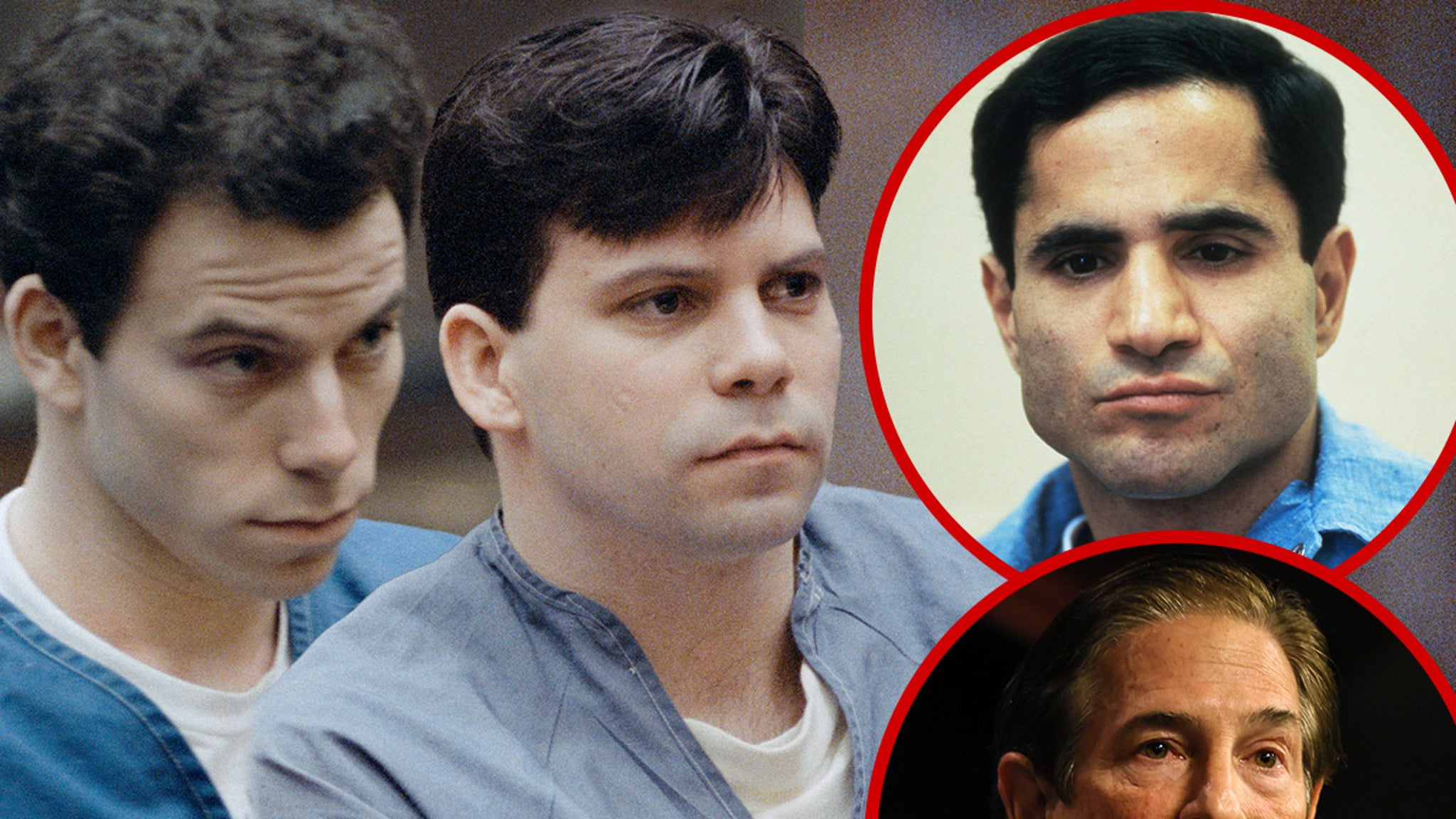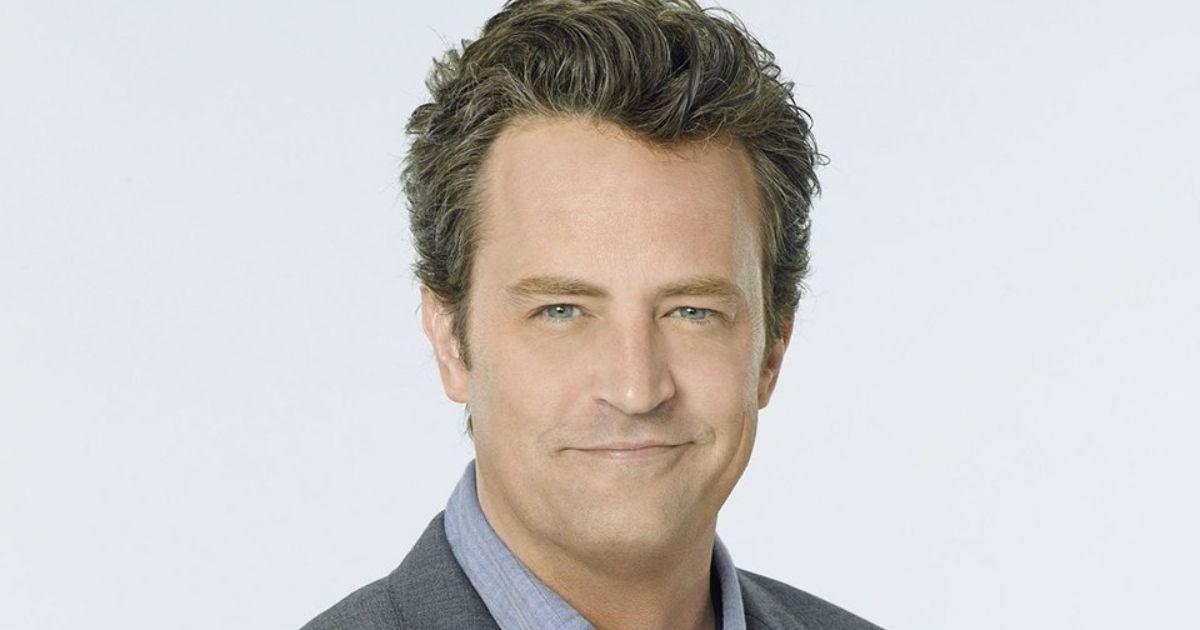First things first, my friends, Pierpoint may be going up in flames, but an Industry Season 4 is on the horizon.
Yes, we got ourselves a renewal, and this little-show-that-could keeps defying the odds in the best possible way.
The best-kept secret is that Industry is one of the most outstanding television series currently airing, yet it somehow manages to fly under the radar.
(Simon Ridgway/HBO)
In a Shadow of Giants, Industry Quietly Becomes TV’s Hidden Gem
It has the grit, edginess, incredible writing, and stunning performances of some of the most buzz-worthy (and Emmy-worthy) series.
Yet, like Succession‘s snarky first cousin or Euphoria‘s glib single aunt, it somehow escapes mainstream accolades and recognition.
But then again, that’s part of the series’ charm, producing some of the most intellectually stimulating but outlandishly out-there writing since Mr. Robot crept onto the scene.
I can name a zillion of the best series to draw comparisons.
Still, despite being inarguably superior to Billions, the truth is that Industry is a series all of its own, carving out its own unique space and happily staying within that lane, only getting better with each episode.
A Strong Case for Patience in TV
(Simon Ridgway/HBO)
But that’s where Industry is afforded something few series get these days: a fighting chance at building an audience and expanding an already fantastic story.
These days, networks or streamers drop series like bad habits if they don’t gallop out of the gate with unrealistic rating numbers and whatever facts and figures they use to justify the abrupt cancelations of TV shows.
There used to be a time when networks would at least allow a show to attempt to build an audience week in and out, give a show time to make some tweaks that may be necessary or give writers the due respect of allowing their stories to unfold at a reasonable pace gradually.
We’ve been in an instant-gratification era that has spilled over into the television industry.
Networks and even some viewers barely have the patience or attention span to let a good story build.
A slow-burn series could be a death sentence, and anything that dares fall under the radar can typically get put out for pasture before the end credits roll on the second episode.
Industry Defies the Odds and Reaps the Benefits as a Result
(Nick Strasburg/HBO)
Industry stands out as a fairly unique concept with original storytelling rather than falling into the endless loop of prequels, sequels, reboots, revivals, and procedurals plaguing everything from networks to streamers.
But in addition to that, Industry also represents one of the perks of yesteryear, roots we desperately need to return to if there’s ever any hope of having long-lasting quality series anymore rather than an endless stream of limited series.
Industry is representative of a time when networks put complete faith in a series, allowed the creative freedom required to produce and deliver something entertaining and brilliant, and gave viewers time to find, fall in love with, and support the series.
Industry Season 3 is the most buzzworthy season of the series to date, as it continues to pick up speed and crack into mainstream after its debut as one of the most underrated series to come from the pandemic.
It’s underrated enough that it wasn’t remotely considered one of HBO’s biggest series (something that hopefully will change).
Yet, HBO fully invested in the series’ potential, which continues to pay off.
HBO’s Risk Pays Off with Industry’s Success
(Simon Ridgway/HBO)
The third season has seen the most significant ratings growth yet — it improved by a whopping 40% from its sophomore season.
The Industry Season 3 premiere raked in 300,000 viewers across HBO and Max, up 60% from the sophomore season premiere.
It averages 1.6 million viewers cross-platform each episode, but this number is subject to change as HBO counts up to 90 days from the premiere date.
No, it doesn’t bring in the numbers of House of Dragons or other HBO series of a similar ilk, but it’s all about the climb when it comes to Industry.
All HBO had to do was simply give it the space and time to do what it does best: tell compelling stories and thrill viewers.
We’ve all lamented the testy relationship between viewers and the networks that provide them content via shows.
Networks often cite poor ratings as the reason they pull the plug on series well before their prime.
Meanwhile, viewers are so accustomed to being burned that they’re reluctant to tune into a series until they know for certain that it’ll last a full season, let alone beyond a single one.
Earning the Trust of the Audience Proves Effective
(Nick Strasburg/HBO)
Of course, there’s also the pesky issue where, in an age where the general audience doesn’t tune into things live and streams series on any number of streamers, trying to account for what “ratings” actually mean or should look like anymore is a nightmare and seems to be an outdated process.
The key to any successful series these days tends to be halfway decent promotion and earning the audience’s trust, and if any series has cracked the code on this, it’s Industry.
Industry is a critical darling that has developed a devoted audience, and all are willing to do the heavy lifting and promote the series to anyone willing to listen.
Coming out of the shadow of more popular series like Succession, which has officially signed off, and Euphoria, which is at a startling standstill, has also worked in Industry’s favor.
Myhaâla, Harry Lawtey and Marisa Abela on Industry Season 3
(Photograph by Simon Ridgway/HBO)
But viewers simply seeing that the series has actually lasted longer than a season and is now heading into its fourth has certainly reassured folks, and no doubt that come 2026, when the newest season will inevitably make its debut, it’ll be able to build off the success of season three and be better than ever.
It’s something that HBO is likely banking on, and they’re willing to put their money where their mouth is, channeling Rishi Ramdani in all of his glory since the high risks have done nothing but produce sweet rewards.
Industry is a lesson in trusting the process.
Hopefully, they can be an example of a new rule rather than an exception.
Over to you, Industry Fanatics.
How do you feel about this renewal news?
You can view the original article HERE.






























